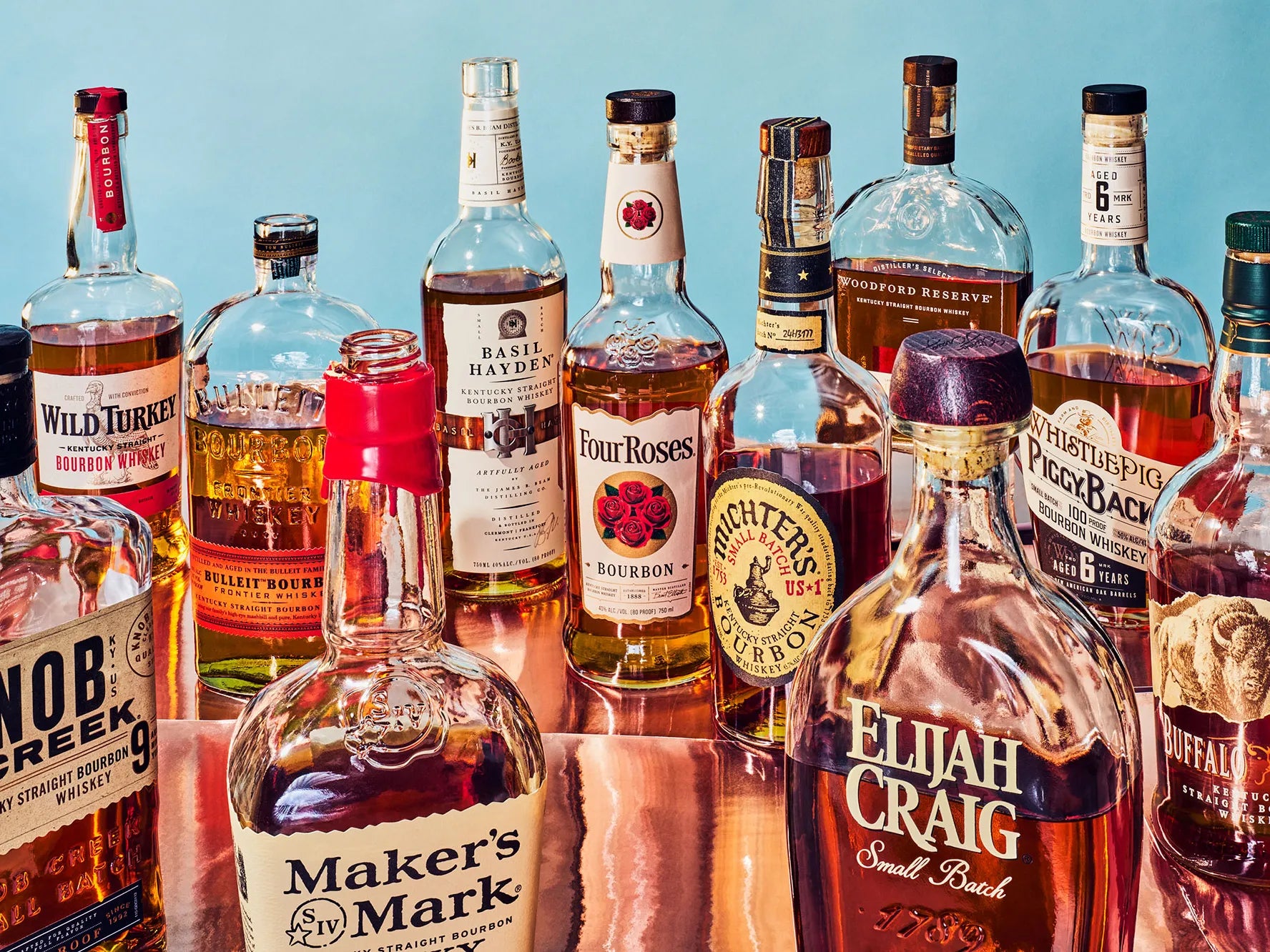For years, tequila has carried a reputation as the “party spirit” — the drink that lifts moods, inspires dancing, and somehow feels a little different from other alcohols. But is there any science behind the claim that tequila is an upper while most other spirits are “downers”? Let’s separate myth from margarita magic.
The short answer
No — tequila isn’t actually an upper. Like every other alcoholic beverage, tequila is a depressant, not a stimulant. But there’s more to the story — the reason people feel more energetic or upbeat after tequila has a lot to do with how it’s made, how it’s consumed, and even the culture around it.
Why tequila feels different
1. It’s made from agave, not grains
Unlike whiskey or vodka, tequila is distilled from the blue Weber agave plant, which contains natural sugars (agavins) rather than starches. These agavins can give tequila a subtly sweet, earthy flavor — and while they don’t change its chemical classification, they do make the experience feel lighter and cleaner.
2. You usually drink it faster (and in smaller pours)
Shots, margaritas, Palomas — tequila tends to come in smaller servings and is often sipped or shot quickly. That means the effects hit sooner, creating a perception of energy or alertness early in your drinking session.
3. Social and psychological context
Few spirits are as tied to celebration as tequila. Whether it’s Cinco de Mayo, a rooftop margarita night, or vacation in Mexico, tequila is linked to fun, upbeat settings — so your brain associates it with higher energy.
4. Additives and mixers
Tequila cocktails often use lime, citrus, or sparkling mixers — all bright, acidic, and refreshing. These flavors and scents can stimulate your senses and trick your body into feeling “awake” even though alcohol itself is sedating.
The science: all alcohols are depressants
Tequila, whiskey, vodka, wine — they all share one active ingredient: ethanol. Ethanol slows down communication between your brain and nervous system. That’s why alcohol in any form:
-
Lowers inhibitions
-
Reduces coordination and reaction time
-
Can cause drowsiness or calmness at higher doses
The differences you feel between spirits come from expectations, mixers, and environment — not the spirit itself.
But not all tequilas are created equal
If you want to enjoy tequila without the rough next day, quality matters. Look for bottles labeled “100% de agave” — that means no added sugars or fillers. Blanco tequilas bring that crisp, peppery edge; reposado and añejo add smooth vanilla and oak from barrel aging.
Try exploring:
-
Casa Dragones Blanco – clean, modern, ultra-smooth
-
Cincoro Reposado – sweet caramel and spice notes
-
Don Julio 70 Añejo Claro – rich yet bright, perfect for sipping
The bottom line
Tequila might make you feel like an upper — energetic, social, and happy — but scientifically, it’s still a depressant. What sets it apart is the culture, the setting, and the spirit’s naturally bright flavor. So next time someone claims tequila gives “positive energy,” tell them the truth:
It’s not the alcohol — it’s the attitude.



